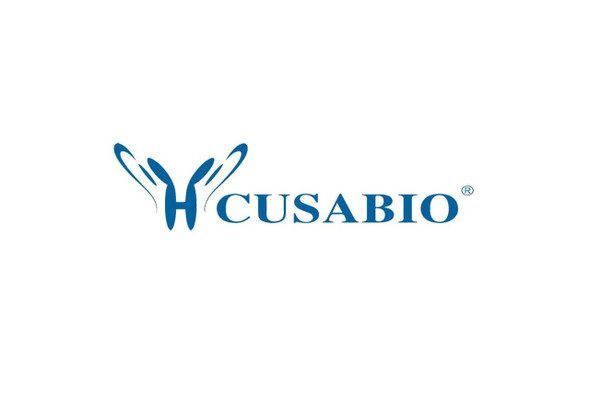Cusabio Polyclonal Antibodies
ID3 Antibody, FITC conjugated | CSB-PA01959C0Rb
- SKU:
- CSB-PA01959C0Rb
- Availability:
- 3 to 7 Working Days
Description
ID3 Antibody, FITC conjugated | CSB-PA01959C0Rb | Cusabio
ID3 Antibody, FITC conjugated is Available at Gentaur Genprice with the fastest delivery.
Online Order Payment is possible or send quotation to info@gentaur.com.
Product Type: Polyclonal Antibody
Target Names: ID3
Aliases: DNA-binding protein inhibitor ID-3 (Class B basic helix-loop-helix protein 25) (bHLHb25) (Helix-loop-helix protein HEIR-1) (ID-like protein inhibitor HLH 1R21) (Inhibitor of DNA binding 3) (Inhibitor of differentiation 3), ID3, 1R21 BHLHB25 HEIR1
Background: Transcriptional regulator (lacking a basic DNA binding domain) which negatively regulates the basic helix-loop-helix (bHLH) transcription factors by forming heterodimers and inhibiting their DNA binding and transcriptional activity. Implicated in regulating a variety of cellular processes, including cellular growth, senescence, differentiation, apoptosis, angiogenesis, and neoplastic transformation. Involved in myogenesis by inhibiting skeletal muscle and cardiac myocyte differentiation and promoting muscle precursor cells proliferation. Inhibits the binding of E2A-containing protein complexes to muscle creatine kinase E-box enhancer. Regulates the circadian clock by repressing the transcriptional activator activity of the CLOCK-ARNTL/BMAL1 heterodimer.
Isotype: IgG
Conjugate: FITC
Clonality: Polyclonal
Uniport ID: Q02535
Host Species: Rabbit
Species Reactivity: Human
Immunogen: Recombinant Human DNA-binding protein inhibitor ID-3 protein (27-99AA)
Immunogen Species: Human
Applications: ELISA
Tested Applications: ELISA
Purification Method: >95%, Protein G purified
Dilution Ratio1:
Dilution Ratio2:
Dilution Ratio3:
Dilution Ratio4:
Dilution Ratio5:
Dilution Ratio6:
Buffer: Preservative: 0.03% Proclin 300
Constituents: 50% Glycerol, 0.01M PBS, pH 7.4
Form: Liquid
Storage: Upon receipt, store at -20°C or -80°C. Avoid repeated freeze.
Initial Research Areas: Cell Biology
Research Areas: Epigenetics & Nuclear Signaling;Cancer;Cell biology;Immunology;Stem cells






